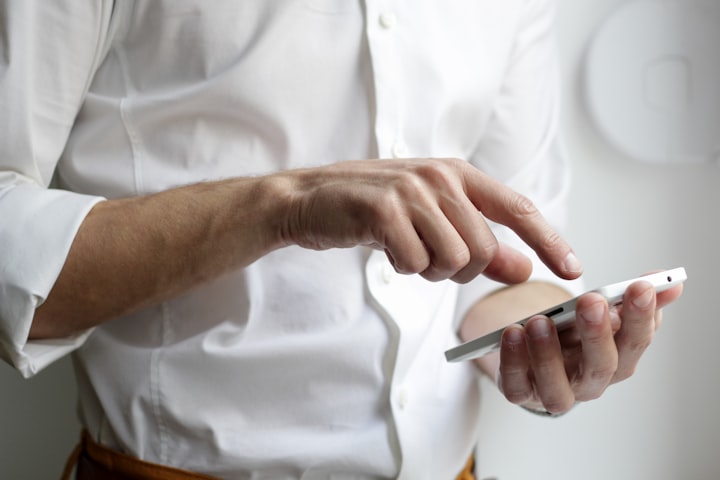
~ SVB had a huge run-up on deposits (liabilities) during the 2020-2021 time frame. It grew loans (assets), but not at 1:1 level. Had to generate yield, and put capital in securities, notably low-yield medium-long term securities (Held to maturity loans increased by 7x from $13B to $90B+ and yield <2%).
~ They also had some shorter duration securities on balance sheet (3.6 year duration) totaling $21B, but with an average yield of 1.79%. Bad in a raised rate environment, and mark to mark showed impairment of $1.8B if sold.
~ As deposits dwindled (lower inflows/cash burn from companies/companies moving to higher yield deposits products), Net Interest margin started to dwindle, esp with $100B+ of <2% securities.
~ They decided to reposition balance sheet by selling their AFS securities ($21B) & taking the $1.8B loss. Why? To re-invest in shorter term securities with higher yields which equals = potential re-coup of loss with 2-4 year + improved Net Interest Income and Net Interest Margin. Concurrently, to help shore up given the loss, they initiated a $2.25B raise.
~ The big issue was the LT securities at such a low yield. However the simply sell of the AFS at a loss sucked, but it wasn't creating a solvency issue.
~ However, because of the news, VCs/companies started panicking (not knowing how to interpret the news; messaging was not well understood), and a bank run started. Meaning VCs/companies started withdrawing deposits
~ When a run starts due to mass hysteria, it's difficult as no one wants to be the last person out, and access to funds can be compromised if the bank cannot raise / sell assets to cover outflows. This was very unfortunate as the core SVB model was supposedly solid enough; the LT securities at low yields was the issue that created this.
The bottom line of why they collapsed was because they had poor risk-management
- Instead of just buying short-dated T-bills or depositing with the Federal Reserve they bought long-duration fixed-income securities. This caused an asset-liability mismatch —> liquidity issues —> bank run —> collapse.
》 - They then failed to manage their interest-rate risk by simply not hedging their exposure at all, they had $120 billion worth of securities. When interest rates went up they took a massive $1.8 billion loss on their available-for-sale (AFS) bond portfolio. They had $80 billion in bonds with an average yield of 1.5%. This is criminal risk-management but this is also a massive regulatory failure.
》 - It’s highly unlikely this spreads to the biggest banks. SVB collapsed because they had the highest-risk deposit base along with the lowest bank-loan to deposit ratio among U.S banking peers. The big banks are in way better shape than 2008 due to regulation and capital buffers. They actually stand to ‘benefit’ from this by taking market share.
》 - Nearly half of all US venture capital-backed startups did indeed hold banking relationships with SVB. Garry Tan the CEO of Y Combinator called the fallout an "extinction level event for startups". "These depositors will not survive weeks or months without some sort of plan from the govt."
》 - Over 95% of SVB's deposits are NOT insured by the FDIC (due to being over the $250,000 limit). That is over $160 billion in uninsured customer deposits. This is awful for early-stage companies that were simply just looking for somewhere to hold their cash for operations.
☆ Just days before the collapse, executives sold millions of dollars of stock: Gregory Becker, CEO sold 11%, Michael Zucker, General Counsel - 19%, Daniel Beck, CFO - 32%, Michelle Draper, CMO - 25%
☆ Unbelievably their Chief Administrative Officer was the CFO of Lehman Brothers' when it collapsed. They also went months without a Chief Risk Officer. Yes, really!
☆ Silicon Valley Bank was hailed as one of ‘America’s Best Banks’ by Forbes magazine just about a month ago. They ranked 20th out of 100.
☆ It’s now quite likely that a big bank buys them up next week. Elon Musk even said he’s open to the idea of buying them.
Like,share and join our sahbro page
☆ SVB’s CEO was on the San Francisco Federal Reserve’s Board, he’s not anymore for pretty obvious reasons.





Comments
There are no comments for this story
Be the first to respond and start the conversation.